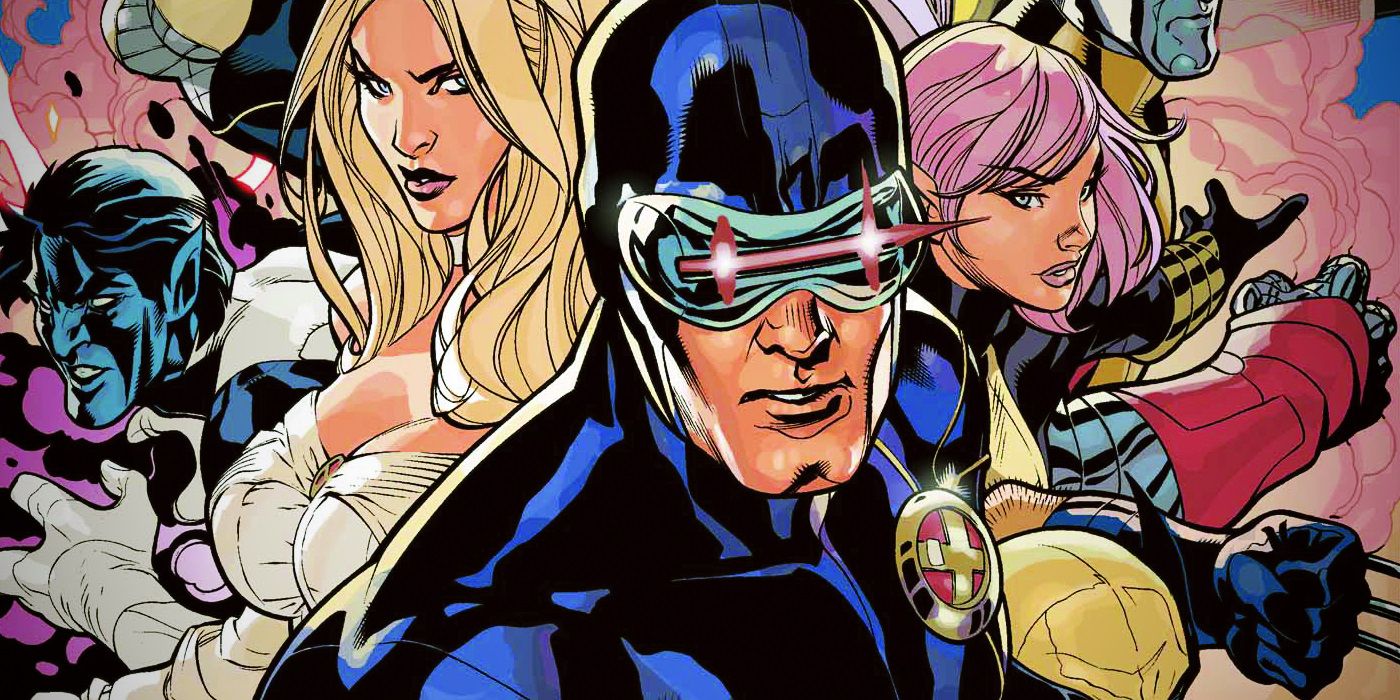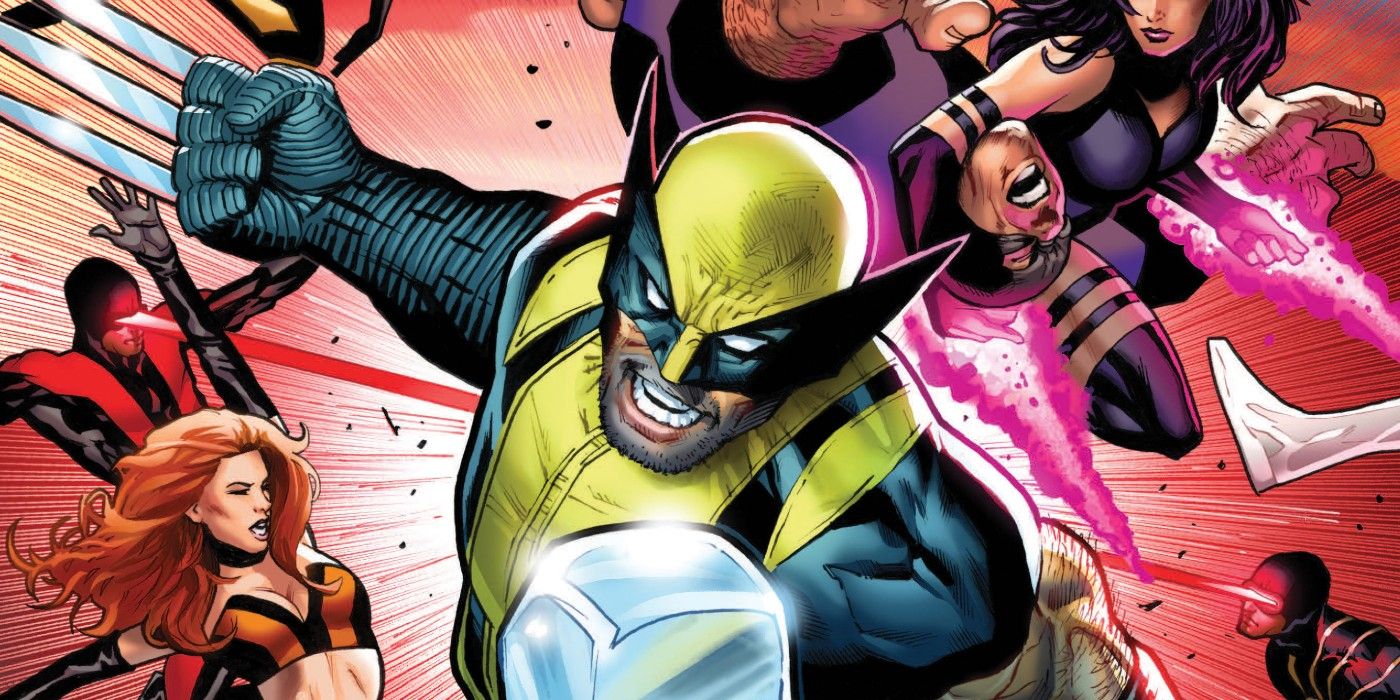Are mutants a separate species from mankind altogether? It's been a driving theme of Jonathan Hickman's Dawn of X reboot, and many major characters, such as Magneto, have long held this belief. However, artificial intelligence seems to have a very different perspective - one that calls the entire theory into question.
In Hellions #8, written by Zeb Wells and illustrated by Stephen Segovia and David Curiel, the team encounters a group of robots led by the mutant-hating Cameron Hodge. However, these aren't the mindless Sentinels the mutants have encountered in the past, and prove considerably more self-aware, at one point even questioning why they are fighting mutants when the difference between "human and mutant genome is within the margin of error." Once freed from Hodge's influence - who is revealed to be far less-than-human himself, the robots even begin to befriend the Hellions, only to be reluctantly destroyed by Psylocke as part of Krakoa's zero-tolerance policy for artificial intelligence. However, by the issue's end, it's revealed a baby artificial intelligence has been adopted by the orphan-obsessed team member Nanny.
Mutants have been designated as "homo superior" dating all the way back to the first issue of The X-Men by Stan Lee and Jack Kirby in 1963. Though the idea that mutants are far removed from their human counterparts has long been championed by extremist characters like Magneto, it has since become part of the foundational fabric of the mutant nation of Krakoa - so much so that humans are completely forbidden from setting foot on the mutant island. This theory has also directed many of the mutant nation's policies and has long been a source of controversy among fans since the reboot started.
According to the artificial intelligence beings, the difference between humans and mutants is negligible at best, so much so that they hesitate to attack Psylocke. This makes sense from a biological perspective, as mutants are born out of the X-gene, which is responsible for their mutations, despite being fundamentally human otherwise. It also makes a great deal of sense from a continuity perspective too. After all, are mutants like Beast and Jean Grey really that different than altered humans like the Thing and the Invisible Woman? While mutants have powers from birth, others receive their abilities by circumstance - but the end result is unquestionably the same. This would mean that mutants, like many other factions of the Marvel Universe, are enhanced humans - extraordinary, but nevertheless human.
The issue also calls into question the very nature of the Hesiod Protocol, which demands artificial intelligence be destroyed via targeted viruses. The Hesiod Protocol was supposedly formed with threats like Sentinels and Master Mold in mind, but it seems particularly telling it was used against a clan of AI who recognizes out the nominal differences between humans and mutants. Given that Sentinels are capable of scanning life-forms for the X-gene, could the Hesiod Protocol be in place to prevent AI from revealing the very scant differences between humans and mutants in the first place, and undermining the ideology of Krakoa in the process? If this is the case, it's possible the Hesiod Protocol is more sinister than even the Hellions suspect.


